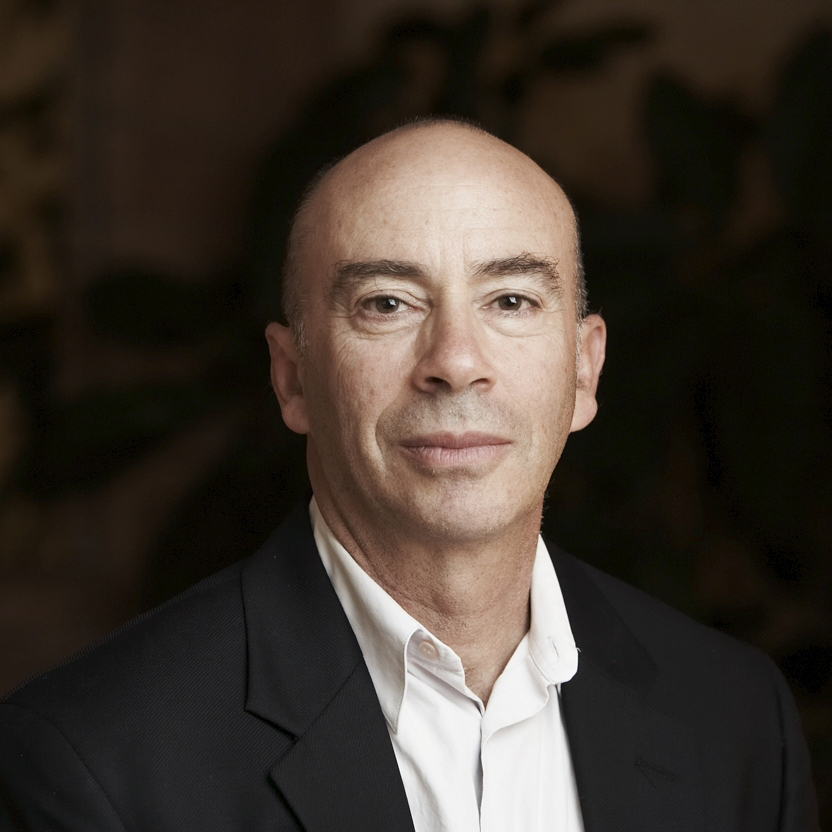The air here in Northern California (and southern California and Oregon) is extremely unhealthy, as fires continue to burn. Last week it was as dark as night most of the day here in Marin. It was to say the least, unusual, scary, unnerving.
During these challenging times, the word courage has been showing up a lot in my thoughts. The word itself comes from the word heart.
Three quotes come to mind when I think about courage and mindful leadership. The first quote has been one of my favorites for many years:
Be joyful though you’ve considered all the facts.
–Wendell Berry
It takes courage to consider all the facts. Who wants to do that! Especially right now. I think of this as a core mindfulness practice – aspiring to face what is, with as much clarity and heart as possible. The other part of mindfulness practice is finding joy, and appreciating our lives, right in the midst of “the facts.” It takes courage to do both.
The practice of considering all the facts is a core leadership practice – the facts about people (how are people on my team and company feeling and performing), the product and service facts (how are our products and services performing?; what changes are need?), and the financial facts (are we meeting financial targets?) Often, especially when things are not going well, these practices take courage.
The second is a quote I recently heard for the first time:
The bad news is there is no parachute.
The good news is there is no ground.
–Chogyam Trungpa
Chogyam Trungpa was a leading Buddhist teacher in the United States in the 1970s and 1980’s until his death in 1987. He was the founder of Naropa University and of Shambhala Training.
The image of no parachute can be frightening. It’s meant to be frightening. It’s a metaphor for the fact that there is nothing to hold on to. No parachute means we can’t predict what will happen next, as hard as we try. When we picture this, it’s easy to feel as though we are falling.
This image of “no ground” is meant to help. It makes it easier to let go of our attempt to hold on to anything – our ideas, our fears, our need to protect ourselves. It takes courage to stop predicting the awful things we can conjure up happening. It takes courage to let go and feel and embody a sense of relief, ease, and the possibility that we can find some appreciation right in the midst of challenges and difficulties.
The third quote is one of my all-time favorites from Dongshan, an important 9th century Chinese Zen teacher:
Not being caught by “it is” or “it isn’t”, do you have the courage to be at peace with it?
Everyone wants to leave the endless changes,
but when we stop bending and fitting our lives,
we come and sit by the fire.
It is so easy to be caught by it is or it isn’t, by either/or thinking – in politics, business, relationships, racial issues, nearly anything. It takes courage to hold to our values and convictions and at the same time to not get caught, to not obsess. Not being caught means that we keep listening, that we stay open for real meeting and real solutions.
And, right now especially, it takes courage to stop bending and fitting our lives. Perhaps not to sit by the fire, to stop, to find a place of rest and wellbeing.
Practices:
- Try to muster up the courage to keep your heart open in the midst of adversity.
- Consider all the facts, with a sense of joy.
- Find freedom in letting go of a need to hold on, a need to predict the future.
- Let go of being caught by thinking you are right or not right.


